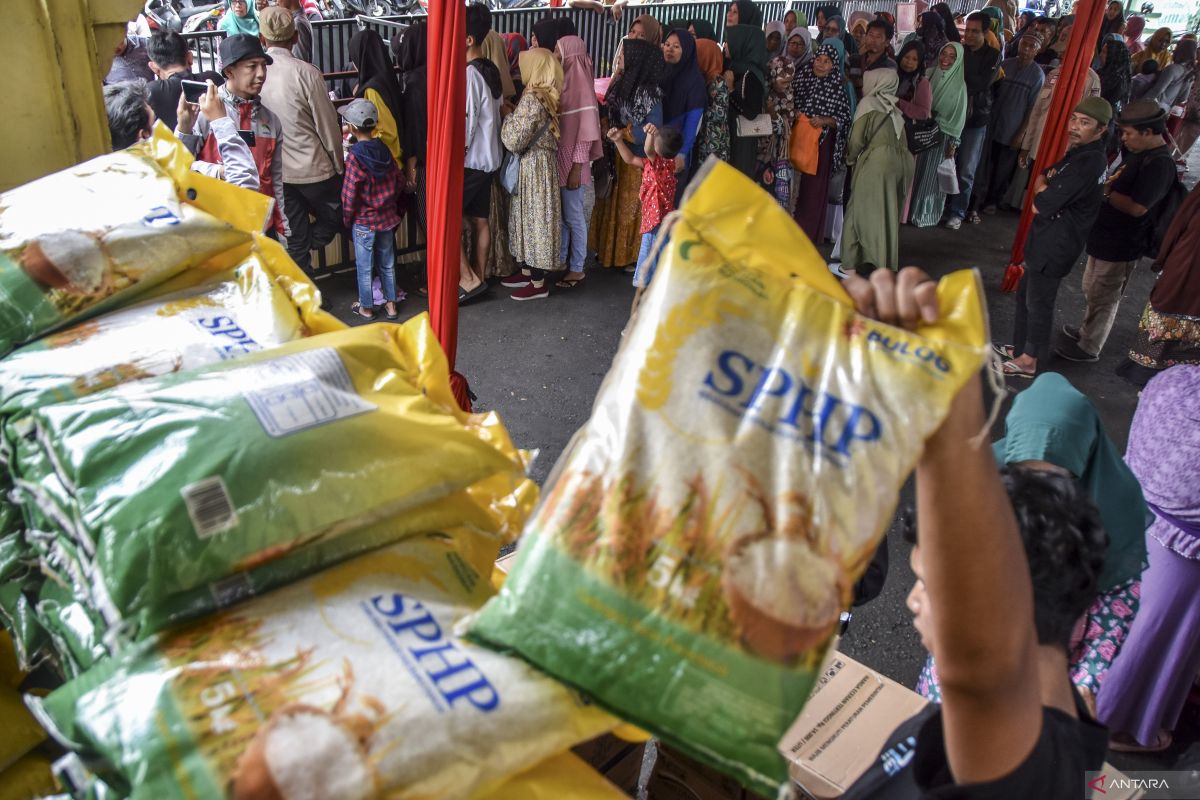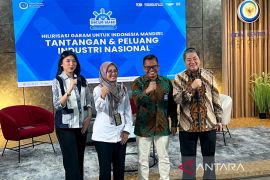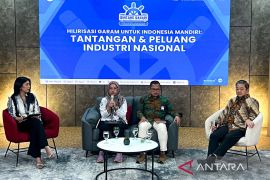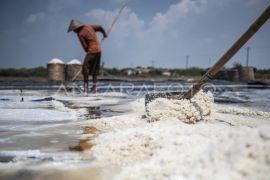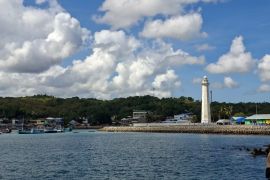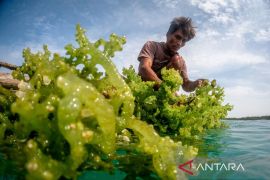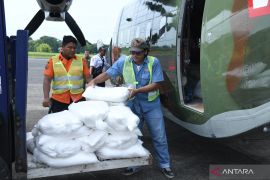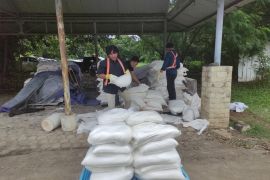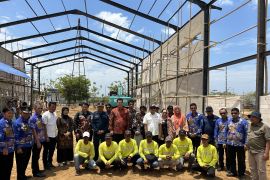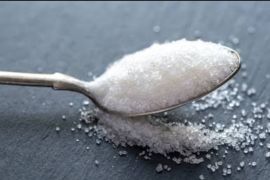"Wheat flour and salt are proposed to be essential food (commodities), as recommended by the ministries and agencies. We will ensure their availability and store them in the government food reserves if necessary," Bapanas' acting secretary, Sarwo Edhy, remarked here on Monday.
Edhy noted that the proposal was made based on widespread public consumption of these two commodities.
Currently, 11 essential food commodities are stored in the government's food reserves: rice, shallots, chili, soybeans, corn, poultry meat, eggs, ruminant animals' meat, sugar, cooking oil, and fish.
Meanwhile, Bapanas Head Arief Prasetyo Adi has encouraged all relevant stakeholders to strengthen the national food ecosystem, which must be independent, sovereign, and full of integrity.
He affirmed that the realization of food independence and security is built on a sustainable food ecosystem.
The sustainable food ecosystem includes the protection of farmers, animal breeders, and fishermen, which will increase competitiveness and maintain food supply and price stability.
Adi said the carbon footprint of food downstreaming could be reduced gradually in an environmentally friendly ecosystem.
His side, along with local governments, continues to strengthen facilities of cold storage, reefer containers, heat pump dryers, and air blast freezers to support the extension of shelf life and equitable distribution across regions.
This infrastructure strengthening is carried out to maintain the food supply, which affects food prices at the producer and consumer levels.
Hence, to this end, he invited all food business actors to synergize and integrate with the national food ecosystem so that it can proffer myriad benefits to realize Golden Indonesia 2045 while still focusing on nature and environmental sustainability.
Related news: Indonesia pursues food diversification through B2SA food program
Related news: Indonesia's Jan-May rice import reaches 2.2 million tons
Translator: Aji C, Kenzu
Editor: Rahmad Nasution
Copyright © ANTARA 2024
